Image

Why this decade is make-or-break for nature
Momentum to reverse nature loss is growing, but there is still a long way to go
In evolutionary time, a decade is but a flick of nature’s eyelid. That makes the rapid depletion of biodiversity over the past 10 years all the more distressing. Our forests are disappearing, our coral reefs are dying…
Image
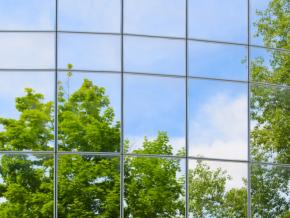
We should prepare for future shocks post COVID-19
Businesses that integrate sustainability are more resilient
As chief executive of a firm that has for 50 years helped the world’s leading organizations navigate sustainability challenges, I am often asked how companies should prepare for a next crisis such as COVID-19 or other future shocks. The…
Image

Let's reboot our global food systems
A new sustainable approach to food and agriculture must tackle hunger, improve nutrition, safeguard the environment and hardwire resilience to global shocks such as COVID-19
The COVID-19 pandemic began as a health crisis, but it is also an environmental crisis that has quickly evolved into an…
Image
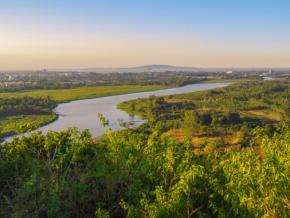
Looking to nature for solutions
How do we address the climate crisis, preserve biodiversity and recover from the pandemic?
If a frog is put into hot water, it jumps straight out. However, if the water is at room temperature and then heated, the frog settles and relaxes, becoming so comfortable that it does not react, even at…
Image

Why companies should worry about losing wildlife
Biodiversity loss threatens society, businesses and a well-functioning economy
Biodiversity has decreased by 60 percent in just four decades, the WWF Living Planet Index has concluded. Scientists even speak of the Earth entering the sixth extinction event in its history, and it appears that the…
Image
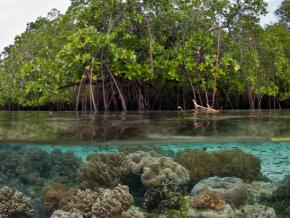
'By destroying nature we destroy ourselves'
Loss of nature carries a huge economic cost, but embracing it as a solution pays handsome dividends
The coronavirus might have its origins in the caves of Yunnan province, but make no mistake: nature did not create this crisis, we did. When we encroach on the natural world, we do more than cause…
Image

Investing in nature makes more sense than ever
It is not easy to plan for the future during a pandemic or a recession. But this is 2020, and governments and businesses are working hard to navigate both challenges at once.
As they do so, it is incredibly important they cast aside the notion that the environment is a tangential concern.
The …
Image

Preserving nature is a strategic business imperative
Sustainability is the pathway to recovery and resilience
The global phenomena of the COVID-19 pandemic is tangible evidence of how an imbalanced ecosystem can bring massive economic damage and social inequalities, putting millions of lives and businesses at risk. In the long run and, more…
Image
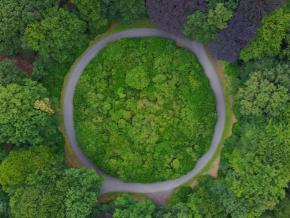
To build a resilient world, we must go circular. Here's how to do it
The best way to build resilience against future pandemics and the impact of climate change is to move to a circular economy.
Doing so could address 45% of global greenhouse gas emissions and provide a $4.5 trillion economic opportunity.
Here, the co-chairs of the Platform for Accelerating the…
Image
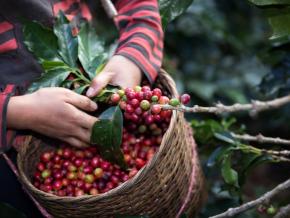
Money can indeed grow on trees
Five years after the Paris Agreement was reached, the need for global action on climate change is clearer than ever. Calls for mitigation and a green economic recovery continue to catch headlines, even if in the margins of the COVID-19 newsreel.
Yet the natural corollary, climate adaptation,…